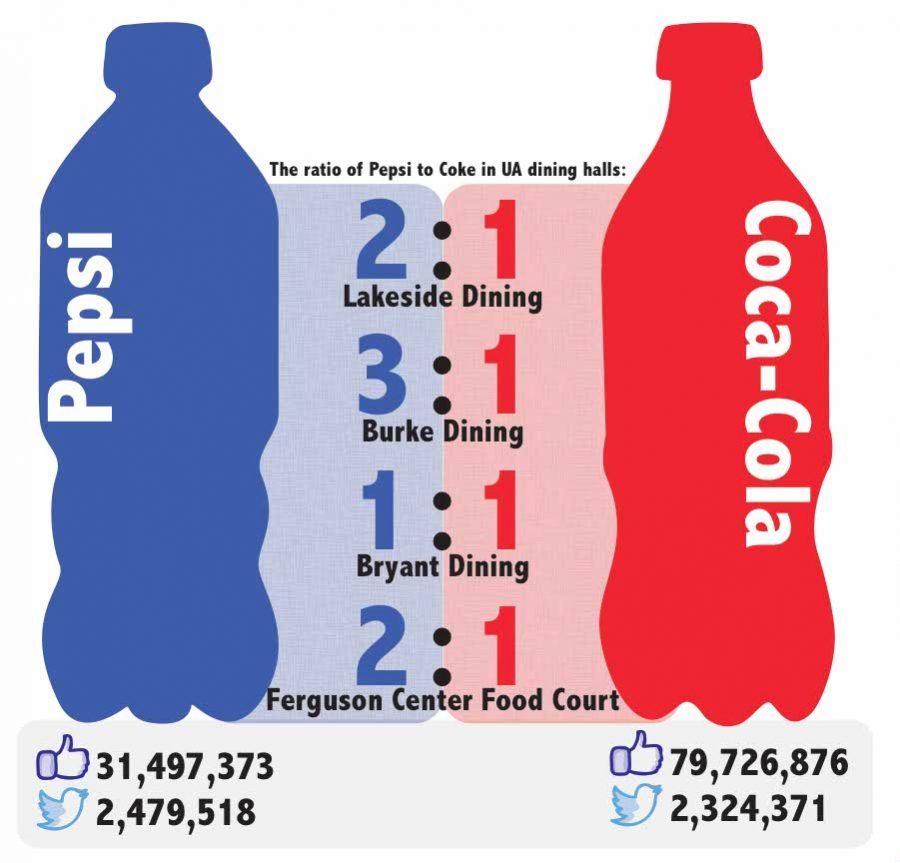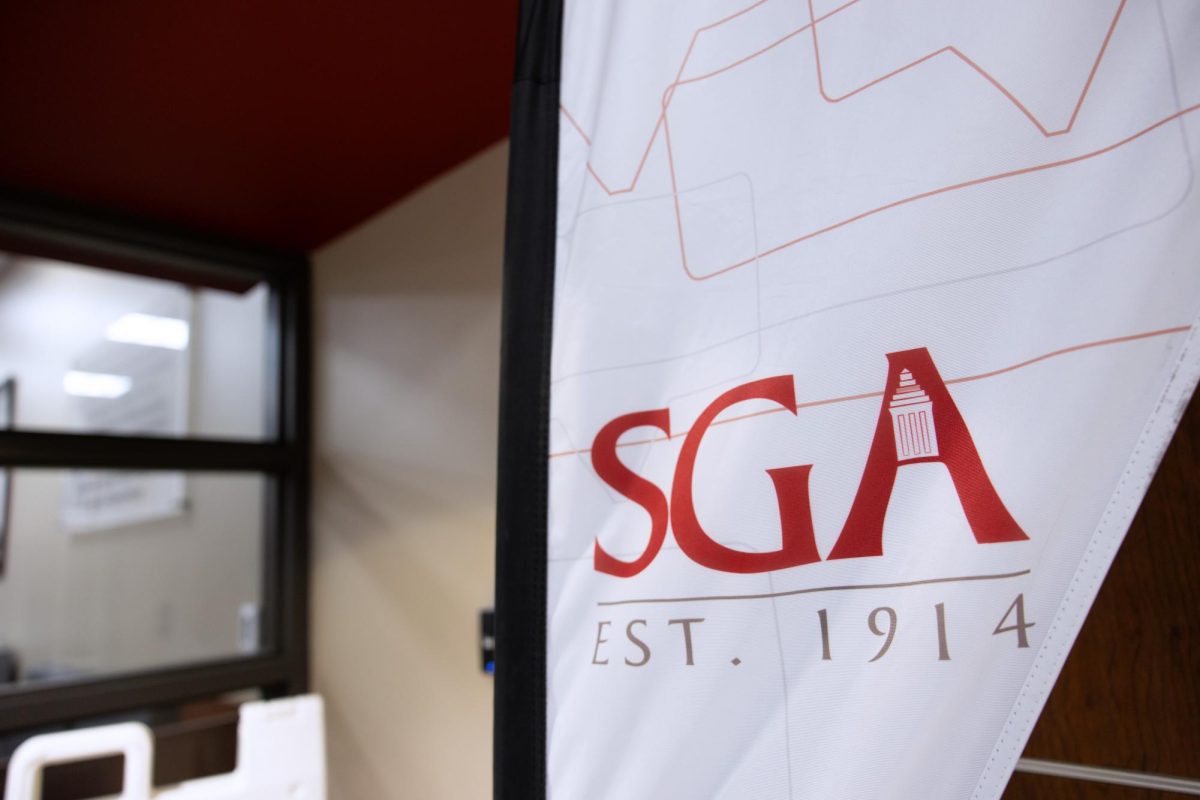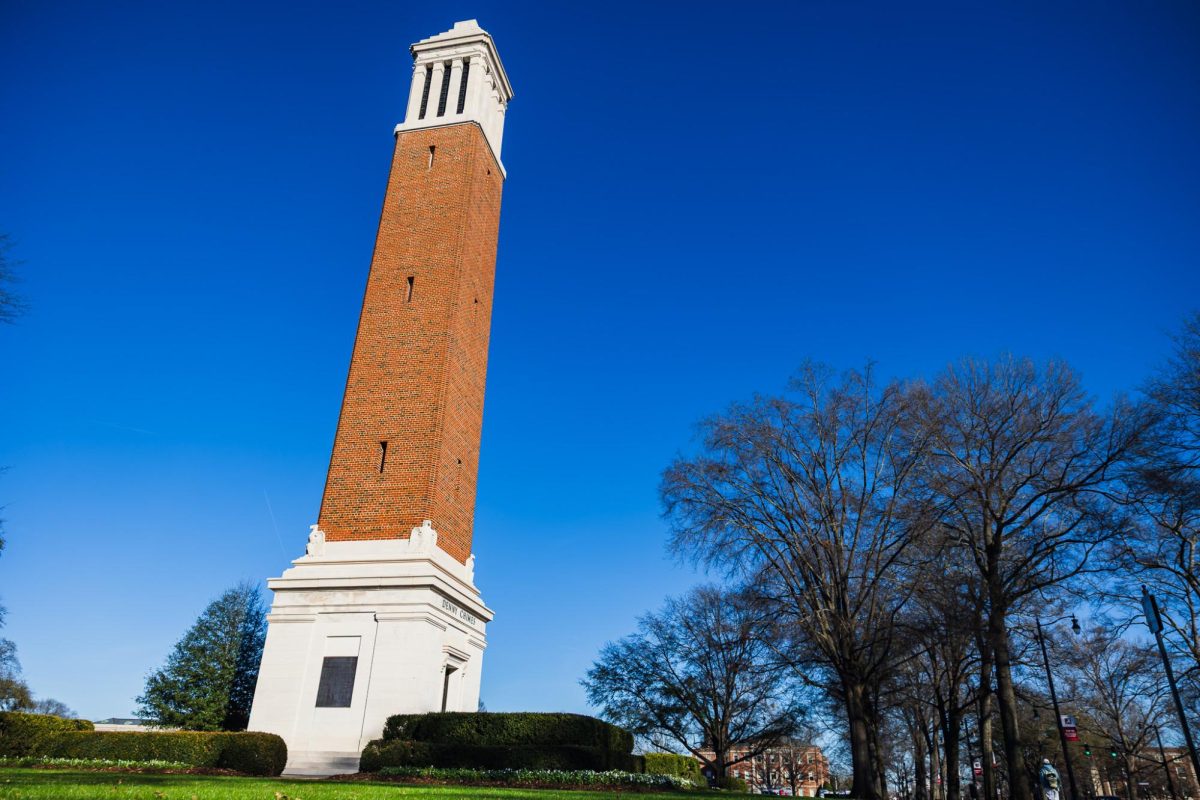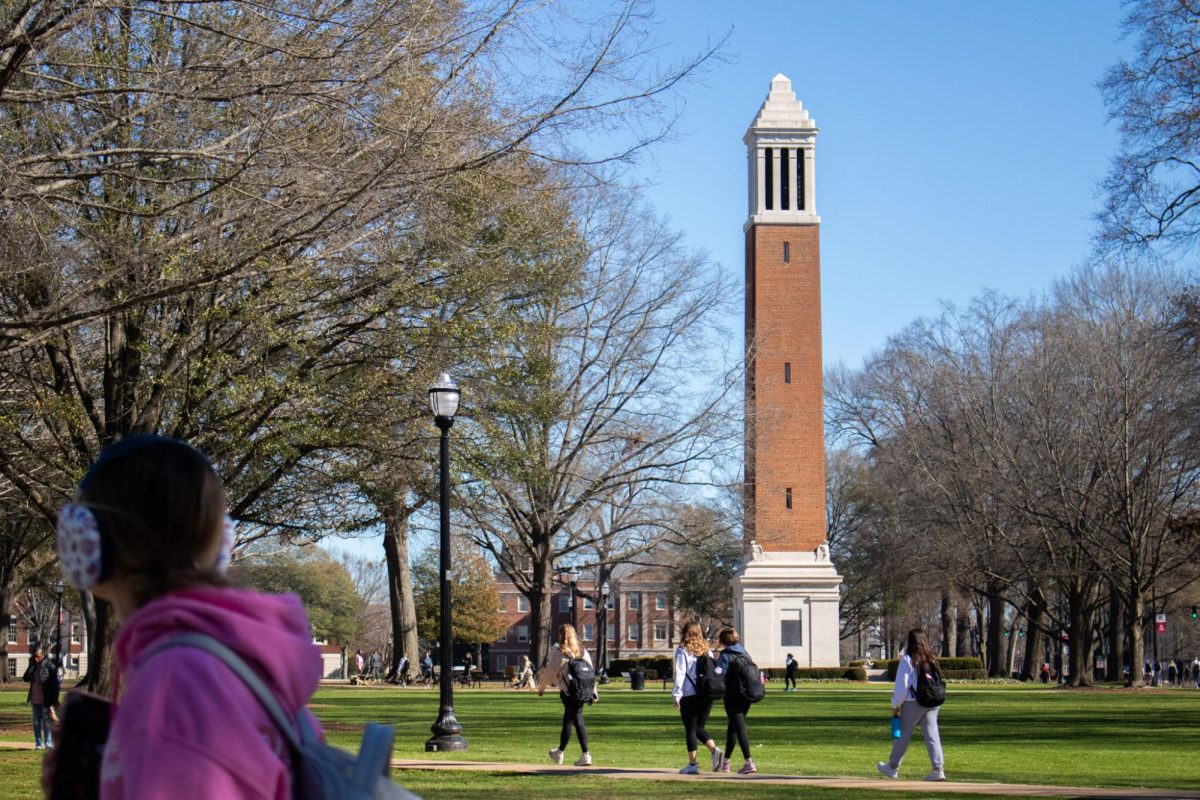The war between Coke and Pepsi has been raging since the two products were created in the latter half of the 19th century and continues to be hotly debated by consumers today. However, for The University of Alabama, the dispute between Coke and Pepsi was settled in May 2008 when the University signed a contract with Buffalo Rock, effectively securing Pepsi as the dominant soft drink on campus.
As part of the contract, all UA vending machines, selling both drinks and snacks, are restricted solely to Buffalo Rock products. The contract does allow alternate soft drink fountains in places where there is more than one fountain available for use.
“Although the contract gives Pepsi preference, UA wanted to give customers in dining halls and retail locations a choice in soft drink purchase,” said Shirley Darr, assistant director of auxiliary services.
This adds up to a 1:2 ratio of Buffalo Rock to Coca-Cola fountains in Lakeside Dining, a 3:1 ratio in Fresh Food Company, a 3:1 ratio in Burke Dining, a 1:1 ratio in Bryant Dining and a 2:1 ratio in the Ferguson Center food court.
Alex Jones, a sophomore majoring in marketing and advertising, said she prefers Coke to Pepsi and always goes that extra step to get Diet Coke from the less prevalent Coke fountains. Jones said she proved her allegiance to Coke by taking the Pepsi challenge, a blind taste-test conducted by Pepsi’s marketing team meant to prove people prefer the taste of Pepsi to the taste of Coke.
(See also “UA organizations seek student votes for Pepsi grant“)
“I took the test three times at Taste of Chicago last summer, and I correctly chose Coke all three times,” she said.
Other students, such as Katharine Buckley, a junior majoring in studio art, support the University’s contract with Buffalo Rock because they prefer Pepsi to Coke.
“I grew up drinking Pepsi,” Buckley said. “To me, it tastes better than Coke. It’s more balanced and less sweet. Also, Beyoncé is an endorser of Pepsi, so I can’t argue with that.”
Darr said the results of 2008 surveys and focus groups showed Buffalo Rock products scoring higher among students at the University and that Gatorade, Dr Pepper and Mountain Dew were preferred over their Coca-Cola counterparts.
(See also “Health risks may outweigh the low calories of diet soda“)
Outside of student preference, the University chose Buffalo Rock over Coca-Cola to be its primary soft drink distributor because Buffalo Rock offered to pay the University a higher percentage of commission than the previous Coca-Cola contract. All vending commissions are given to the general scholarship fund, and Buffalo Rock also makes a $30,000 contribution each year, according to a 2008 Dialog faculty and staff newsletter article.
On a greater scale, Coke seems to win the battle for the world’s favorite soft drink. Regular Coke has been the market’s leader for years, and as of 2010, Diet Coke became the second most popular soft drink. However, PepsiCo, who owns Frito-Lay, is the world’s largest snack food company.
On social media, the two companies are tied. Pepsi wins the Twitter war with almost 200,000 more followers than Coke, but the Coca-Cola Facebook page has 78 million likes, which more than doubles the 31 million likes of the Pepsi page.
In a May 2008 Tuscaloosa News article, Gina Johnson, vice president of the University’s auxiliary services, said Buffalo Rock was chosen to become the University’s primary soft drink provider because the company was up to the challenge of changing to suit the developing needs of Alabama’s ever-growing campus.
In the 2008 Dialog article, Warren Austin, vice president of customer development, sales and service at Buffalo Rock, said the company looks “forward to cultivaitng and maintaining a great partnership for years to come.”
With the University’s current contract with Buffalo Rock not expiring until May 2018, it seems that, for at least four more years, Pepsi will hold the coveted position of The University of Alabama’s most popular drink.
(See also “Caffeine common among students“)









